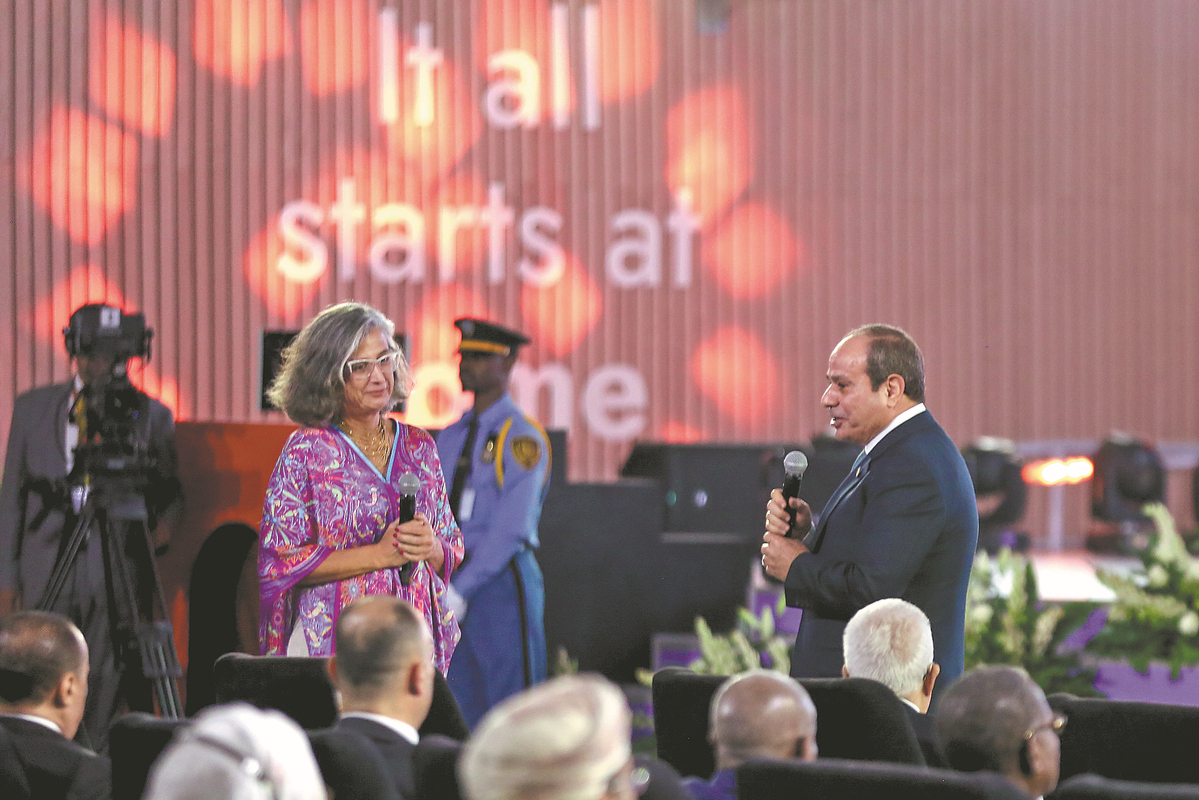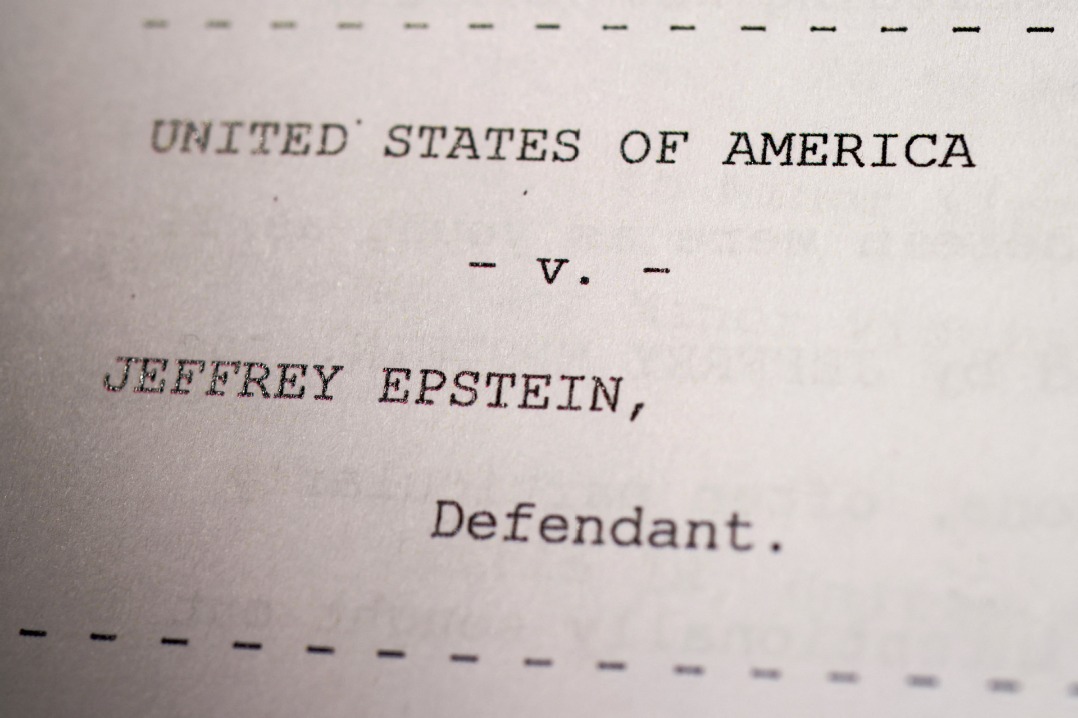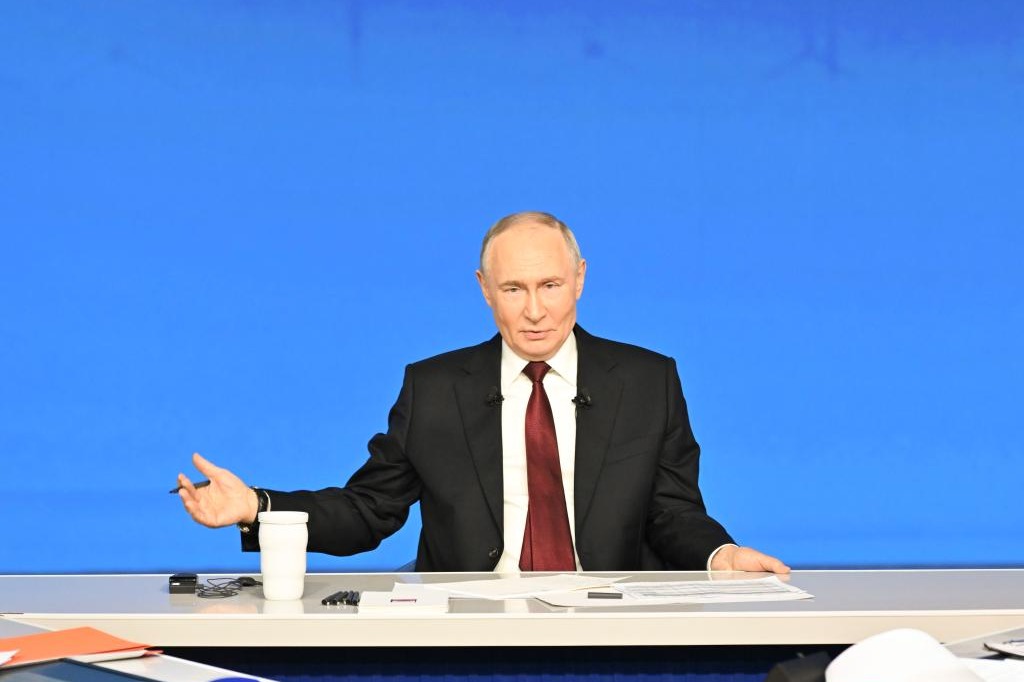Localization of New Urban Agenda urged
Promoting partnerships, coalitions helps realize development goals, forum hears


Leaders and experts have called for localization of the New Urban Agenda, a crucial agreement for sustainable urban development endorsed by the United Nations, in addressing the urban development challenges as well as achieving the UN Sustainable Development Goals, or SDGs.
The leaders, who spoke at the 12th World Urban Forum, or WUF, that opened in Egypt's capital Cairo on Monday, said localizing the SDGs, promoting partnerships and coalitions as well as catalyzing actions will help in realizing development targets.
The New Urban Agenda, endorsed by the United Nations General Assembly in December 2016, provides the road map for sustainable urban development in cities globally.
Antonio Guterres, the United Nations secretary-general, said real progress begins at the local level, in the communities and people's lives, adding that local and regional authorities are the crucial part of the answers on many issues at all levels.
In a video address, Guterres said the newly adopted Pact for the Future will accelerate SDGs as well as address inequality.
The pact, he said, calls for ensuring adequate, safe and affordable housing for all and supporting developing countries to plan and implement just, safe, healthy, accessible, resilient and sustainable cities.
"I invite you to seek innovations and inspiration and take them back to your communities and help to develop infrastructure and public services for all. Local actions are the building blocks for future green, just and resilient cities," he said.
Similar sentiments were shared by Jan van Zanen, mayor of The Hague, the Netherlands, who said that local and regional governments are crucial for achieving the 2030 Agenda for Sustainable Development, noting that they lead the way to protect lives and livelihoods, provide services, guarantee access to housing, and place people first.
"Only through localization will we ensure access to housing, face the climate emergencies, be able to transform our financial ecosystem and place our communities at the heart of a peaceful, safe and sustainable future for all," he said.
Anaclaudia Rossbach, executive director of the United Nations Human Settlements Programme, or UN-Habitat, said the Pact of the Future recognizes the importance of the New Urban Agenda, housing and cities, and the relevance of local and regional governments.
People-centered cities
The pact, she said, also addresses the challenges and opportunities related to digitalization and technology, which is closely connected with UN-Habitat's efforts in promoting people-centered smart cities.
"The outcomes of this session of WUF, including the Cairo Call to Action, will no doubt convey a strong unified message from urban stakeholders for local action," she said.
Abdel-Fattah El-Sisi, president of Egypt, said this year's World Urban Forum convenes at a critical time, as the world is grappling with successive global crises, including devastating wars and their catastrophic repercussions for cities and urban communities.
"This requires the mobilization of efforts and the exercise of political will to establish peace, terminate conflicts and prioritize development, reconstruction and rebuilding," he said.
He said the conflicts raging in the Middle East, primarily in the Gaza Strip and Lebanon, serve as a stark reminder of the exorbitant losses that nations incur as a result of opting for conflict over peace and stability.
Similar sentiments were shared by Mahmoud Abbas, president of Palestine, who called for the international community to help in ending the ongoing killings in the Gaza Strip that have not only afflicted people but also destroyed urban infrastructure and hindered the implementation of the urban development agenda.
"The rules of safety and security will open ground toward implementing sustainable urban development in Palestine which is in consensus with the objective of the UN," he said.

































